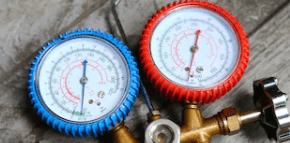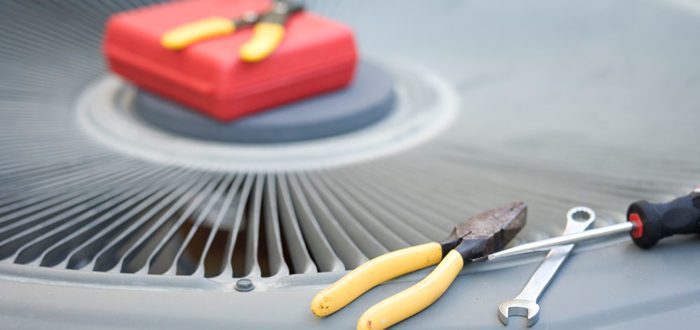R22 Phase Out: What it Means for You and Your HVAC System
Chances are you are already aware of the EPA’s decision to phase out R22 refrigerant. Studies over the years have discovered that the hydrochlorofluorocarbons (HCFCs) found in refrigerant are depleting the ozone layer. By 2020, the production of R22 will be discontinued.
So what does this mean for you?
If your HVAC unit was produced before 2010, it is very likely that your unit requires R22. Don’t panic yet. Because of the gradual phase out, R22 is still available to maintain current units that require it. So, you may continue to get use of your unit. But, because R22 is no longer being produced, costs of repairs and service are going to rise. The purpose of the phase out instead of an outright ban is to give people the chance to make a sound decision on whether they want to hold off on replacing their building’s units or go ahead on making the transition to a new unit.
Here are some options for you to consider:
1. Retrofitting
Retrofit technologies can make your existing unit hold out for longer before you make the jump for an all new unit and give you time to make a decision on which unit to buy. This process removes the old refrigerant in your system and replaces it with another, more environmentally friendly, refrigerant.
2. Complete Replacement
New systems come with the most energy efficient refrigerants widely available. These systems are more energy efficient and often have longer warranties than was typical just a few years ago.
3. Do Nothing!
You can simply just wait for your system to completely break down. We dont advise it, but hey- your call.
Be sure to get into contact with your mechanical contractor whether you decide to retrofit or replace your HVAC unit. They can guide you in the right direction as they certainly have a plan on how to handle the phase out.



